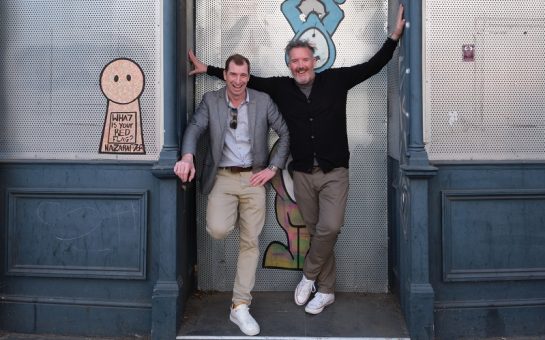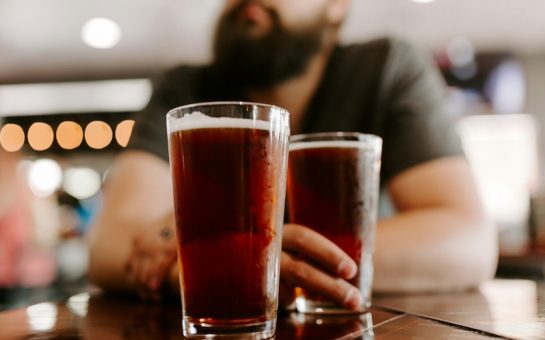The ‘new year, new me’ discourse dominates the media every January, but are more people starting to ditch diet culture?
*This article includes discussions of eating disorders*
Whether we’re encouraged to join a gym, lose weight or ‘glow up’ in January, the ‘new year, new me’ discourse can be overwhelming, even on top of the usual “January blues”.
Recent NHS figures have emphasised the catastrophic mental health crisis in the UK: more than a million children needed treatment for serious mental health problems (eating disorders, anxiety, depression and self-harm) in the past year.
Specifically, figures from March indicated a record number of young people being treated for an eating disorder.
Almost 10,000 children and young people started treatment between April and December 2021 with record demand for services – an increase of a quarter compared to the same period last year and up by almost two-thirds since before the Covid-19 pandemic.
Hope Virgo, an eating disorder campaigner from south west London, claims the ‘new year, new me’ rhetoric is damaging, with the pressure placed on society to change indicating that there is something wrong with who we are or how we look.
She said: “We need to speak up when people get fixated on diets and commenting on food or appearance – it is unhelpful across the board, but for those affected by eating disorders, it can be extremely triggering.”
Tom Quinn, Director of External Affairs for eating disorder charity Beat, said an increased focus on exercise, dieting and weight can make somebody more unwell or contribute to an eating disorder developing.
In January 2021, Beat provided 10,106 support sessions to people across the UK, compared to 3,551 in 2020 – nearly a 300% increase.
Quinn added: “The people who reach out to Beat for support often say that they see more weight loss adverts and dieting content online during January, which can encourage people with eating disorders to carry out harmful behaviours to try and reach a body goal or weight target.
“Speaking to a trusted loved one about how you’re feeling and taking breaks from social media can also help to reduce pressure at this time of year.”
London-based junior doctor Elena Taylor, 25, believes that eating disorders are incredibly prevalent.
She finds the new year, new me pressure especially negative, and likes to remind herself that her body is the least interesting and important thing about her.
She said: “I see my body as a vessel that helps me live my life. It helps me do the job I love, exercise, walk, run and hug people.
“Like most teenage girls, I didn’t always feel this way. I thought the way I looked was the most important thing, probably even more important than being a nicer person.”
Writer Sam Thomas, 36, has praised the evolving openness about eating disorders in society, a stark change from when he was growing up.
Thomas suffered from bulimia as a young adult, stemmed from homophobic bullying and finding his identity, as well as alcohol addiction in his 20s.
He has since found that writing about his experiences and having a consistent gym routine is crucial for his well-being and recovery.
Thomas said: “I don’t think I realised the enormity of the benefits of going to the gym until lockdown. I know what’s achievable and sustainable for me. It’s about how you feel in yourself, and not what you look like.”
Zoya Rehman, 21, food writer and photographer, said sitting with her body throughout the lockdowns allowed her to find her body’s natural rhythm.
Rehman admitted she may have listened to new year diet culture messaging a few years ago, leading her to avoid certain foods in case of weight gain, or get triggered by inconsistent sizing across women’s clothing shops.
Now, the relationship she holds with her body has evolved positively and she feels able to rationalise her thought process going into the new year.
She added: “I might have been like: I don’t look like this person, or why don’t I look like this person? But now, after having realised how my body works, I’m in a more comfortable space.
“I guess some people never become immune to the new year, new me messaging. It really depends on my headspace. Some days I feel really good in my skin and body but on other days, I have to remind myself.”
If you’re worried about your own or someone else’s health, you can contact Beat 365 days a year on 0808 801 0677 or beateatingdisorders.org.uk.
Featured image credit: Clarence Ji via Wikimedia Commons under CC BY 2.0 licence





